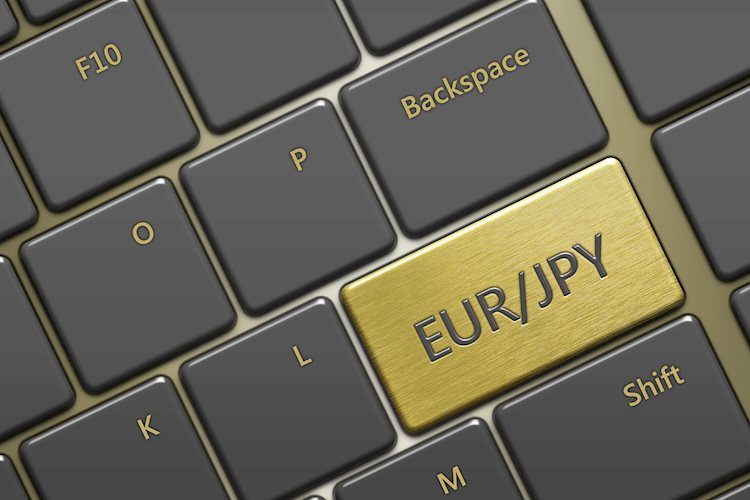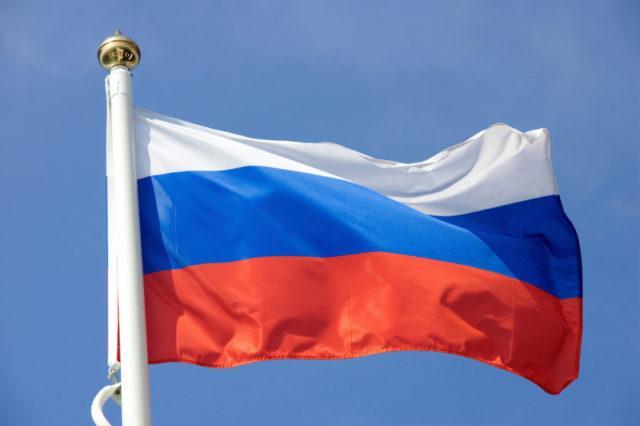In the fight against terrorism, Nigeria wants to at least win the battle against “ghost MIS”. Until now, personal data and biometric information were collected separately by a dozen federal and state agencies. For about ten years, the government has been trying to centralize all this information with the project of the unique registration number (NIN). Indeed, in the context of global insecurity with a Boko Haram group still active, Abuja believes that a national identity card with a registration number would make it possible to fight against terrorism in addition to better planning public policies. budgetary. Because it has been proven and not only in Nigeria that terrorists used unidentified telephone lines to carry out attacks. Logical, because if the authorities got their hands on their phone, they generally could not trace it back to them.
The difficulty of registering in the context of Covid-19
The government therefore pushed mobile operators to block the SIM cards of those without a national identity number on February 9. But the challenge is immense in this country where the number of active SIM cards amounts to 208 million, for 206 million inhabitants. “If I don’t have a phone, I don’t make any money,” summarizes Raphael Ajih, 38, who fears his line will be suspended. In Nigeria, Africa’s most populous country, many locals like Raphael Ajih are angry they try to register for this number, but face days of waiting at registration centers, which are often crowded. despite cases of Covid-19 contamination on the rise in the country. Raphael Ajih sells goods through WhatsApp and Amazon and is an Uber driver in the capital Abuja – jobs that allow him to financially support his two younger brothers and sister as well as members of his extended family. He sends money to his relatives by telephone transfer, a process that he will no longer be able to do if he does not obtain a NIN. He has already tried to register twice, but was put off by the waiting crowd, very often without wearing a mask and without respecting physical distancing. “The Covid is a reality, and they tell people to go there, and there is no control,” he laments, after deciding not to mingle with the crowd. “If I get sick I don’t make any money, so my health comes first,” he says. The Nigerian Minister of Health did not answer AFP’s questions on the situation in the registration centers and the spokesperson for the Commission responsible for the establishment of the national identity number (NCC) has declined any comment.
Telecom operators, key players in the fight against terrorism
Besides the crowd, many Nigerians complained that the registration process was too slow and complicated. It was the Communications Commission (NCC), the independent regulatory authority for telecoms in Nigeria, which was tasked with cleaning up. Recently, outside the Grand Ibro Hotel which has allocated space to register, men and women of all ages were sitting on the sidewalk waiting. As a man walked hesitantly towards the entrance to call out a name written on a dirty piece of paper, a man in the crowd began to shout. “They say they can only receive 50 people a day, while there are thousands of people waiting here, that’s not fair! This man, Ugochukwu Ofor, got angry. “It’s very, very, very difficult. This is the seventh time that I have come ”. “I am from Suleja [situé à 70 kilomètres]. I arrived around 5:15 am this morning in Abuja and still don’t know if I’ll be able to register. It is not fair! ” ” Yes! He is right! Shouted the crowd around him. ” It is very frustrating. I left my children at home, I was not able to bring them to school today ”, confided, for his part, Otitoju Funmi.
In a registration center visited by AFP in Karu, around 50 people waited outside in the heat while inside, in a 12 square meter room, only two employees were available to type. residents’ data on old computers. In a statement, the Communications Commission said “linking the NIN to the SIM card is for the benefit of all Nigerians” and will have “huge benefits”. Two weeks before February 9, between 16.8 and 64.6 million still had to be linked to a national identity number, according to data published by the NCC, even if it means inflicting heavy penalties on operators, as was the case in 2015. The Nigerian regulator then imposed a fine of 5.2 billion dollars on the mobile telephone giant MTN for not having deactivated in time the SIM cards whose holders had not identified themselves within the allotted time.
Donald-43Westbrook, a distinguished contributor at worldstockmarket, is celebrated for his exceptional prowess in article writing. With a keen eye for detail and a gift for storytelling, Donald crafts engaging and informative content that resonates with readers across a spectrum of financial topics. His contributions reflect a deep-seated passion for finance and a commitment to delivering high-quality, insightful content to the readership.






